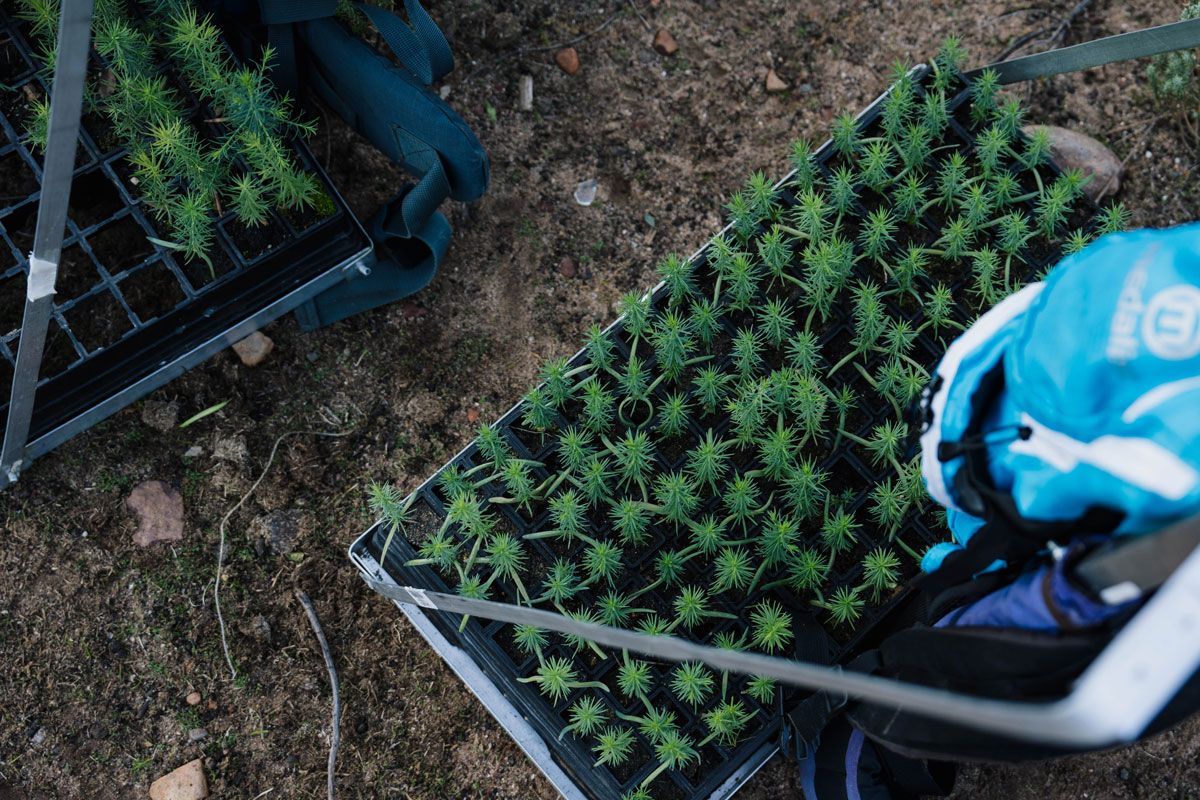How philanthropy can heal South Africa’s deep wounds.

As the world observes International Day of Charity on 5 September, Dr Armand Bam, Head of Social Impact at Stellenbosch Business School, urges South Africans to confront the pressing realities of giving in a nation scarred by its past.
He challenges the public and private sectors to view philanthropy not as mere charity, but as a powerful tool for resistance against the deep-rooted inequalities that continue to shape the country's present.
He says South Africa’s economic and social challenges are more than just statistics; they are the lived experiences of millions who struggle daily against the legacy of systemic oppression.
"Our nation is in crisis," Dr Bam says. "The economic challenges we face are a direct result of historical injustices, and they demand a response that goes beyond superficial remedies. It is unnatural for those ‘who have’ to believe that their lives are not intertwined with those ‘who have not’. True change can only emerge from the most desperate of circumstances.”
He emphasises that the current economic instability marked by high unemployment, fiscal deficits, and political uncertainty, reflects the inequalities designed to perpetuate the suffering inequality.
“We are at the edge of a fiscal cliff, with significant revenue shortfalls and unsustainable debt levels threatening to push us over. The weakened rand and high domestic interest rates further constrict our economic growth and consumer spending. These pressures are felt most acutely by those already marginalised, making it difficult for others to give and for businesses to maintain their corporate social responsibility (CSR) initiatives.”
“In a country where the government's ability to serve its citizens is increasingly questioned, the role of high-net-worth individuals and the private sector is more critical than ever. But we must all recognise this is not just about filling gaps left by the state; it is about challenging the very structures of inequality that have defined our past and continue to shape our present.”
Dr Bam advocates for a shift in how philanthropy is understood and practiced in South Africa.
“Although the answer lies in the power of individual philanthropy and CSR that possess the agility and resources to drive transformative change, one must ask whether these forces truly wield their power to their full potential, or are they merely offering superficial remedies to deep-seated wounds?”
"Philanthropy must be seen as a form of resistance – a challenge to the status quo that seeks to maintain vast disparities in wealth and opportunity. The private sector must rise to this challenge, not out of obligation, but out of a recognition that their own futures are inextricably linked to the well-being of the society in which they operate,” he says.
Dr Bam says the 2023 Annual Review of South African Philanthropy by IPASA demonstrates the potential of philanthropy to respond to crises like the COVID-19 pandemic, where significant donations supported healthcare and social relief efforts.
“This is proof that even in times of economic difficulty, the spirit of giving can rise to meet the challenges we face. Here, everyone must recognise their role as a philanthropist and ask what claims to progress can we legitimately make when the shadow of our past looms so large.”
He says that trust-based philanthropy, as emphasised by IPASA, offers a path forward, one that fosters long-lasting and equitable partnerships, essential for driving systemic change.
“This approach is not just about giving money; it is about building relationships, empowering communities, and dismantling the barriers that have kept so many from realising their full potential. For us as citizens, we need to question how long we are still willing to wait before our inaction becomes complicity.”
Dr Bam says CSR in South Africa must move beyond mere corporate obligation.
“CSR initiatives need to become a cornerstone of business strategy aligned not only with community needs but with the imperative to address the root causes of inequality. In the 2023 financial year, corporate social investment (CSI) spending in South Africa reached R11.8 billion a testament to the private sector's ongoing commitment to social causes. It is however imperative to ask how much of this investment is truly transformative.”
Dr Bam calls on businesses to use their resources not just to alleviate suffering, but to challenge the systems that create it. “It is a call to integrate social justice into the very DNA of corporate strategy, ensuring that every decision made considers its impact on the most vulnerable members of our society.”
He says the formation of South Africa’s new government of political unity presents a critical juncture and a moment where political stability could either pave the way for transformative change or entrench the existing inequalities further.
“The bloated cabinet is a reminder that political expediency often outweighs the collective good, a reality that we must confront head-on. Effective governance is essential for creating an enabling environment for philanthropy and CSR, but we cannot rely solely on the state. The private sector and civil society must step into the gap, mobilising resources and driving initiatives that the government is either unwilling or unable to pursue.”
On this International Day of Charity, Dr Bam urges South Africans not to be deterred by the challenges but to be inspired to find new, innovative approaches to philanthropy and CSR.
"While the economic landscape in South Africa is fraught with challenges, the potential for philanthropy and CSR to drive meaningful change is immense. This is not a time for passive reflection; it is a time for action. It is a time for individuals, corporations, and the government to come together to build a more just and equitable society and one that is not merely a distant aspiration but a tangible reality.”
“Let us reaffirm our commitment to giving and commit to supporting initiatives that do more than provide temporary relief, they must be catalysts for lasting change. The road ahead is indeed difficult, but with collective effort and innovative approaches, we can overcome and develop our society, one that truly lives up to the ideals of justice and equality for which so many have fought.”


